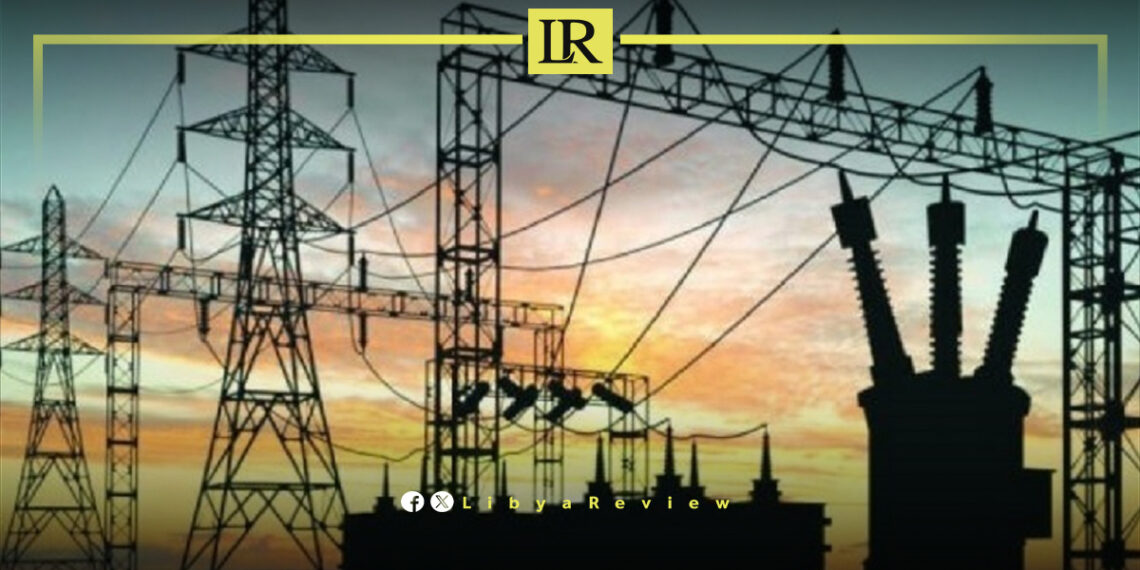On Sunday, the Tunisian Ministry of Industry, Mines, and Energy held talks with Algeria’s national electricity company, Sonelgaz, to explore ways to advance the trilateral electricity interconnection project between Libya, Tunisia, and Algeria.
This initiative aims to strengthen energy collaboration among the three nations, address shared challenges in electricity distribution, and bolster regional energy security.
The interconnection project, designed to facilitate energy exchanges and optimize electricity distribution, has already achieved significant progress. In November, a 24-hour synchronous connection of the three countries’ power grids was successfully tested, enabling energy transfers ranging from 400 to 500 megawatts.
Rooted in an agreement forged during the first trilateral summit in April 2023, where Libyan Presidential Council Chairman Mohamed Al-Mnifi, Tunisian President Kais Saied, and Algerian President Abdelmadjid Tebboune pledged to expedite its implementation, the project seeks to address energy demands, particularly during peak summer months. It also aims to reduce strain on national grids while enhancing cooperation and resource sharing among the three nations.
For Libya, the project represents a vital opportunity to modernize its energy infrastructure, reduce frequent power outages, and rebuild its role as a key player in regional energy markets. Years of conflict and underinvestment have left the country’s power grid vulnerable, and this partnership offers a pathway to stabilization and development.
The project is also part of a broader regional effort to address climate and economic challenges through collective action. By uniting their electricity systems, Libya, Tunisia, and Algeria aim to create a more sustainable and efficient energy framework capable of supporting future renewable energy integration, such as solar and wind power, which are abundant in the region.
With continued collaboration and political support, the electricity interconnection project promises to improve energy distribution, enhance economic ties, and set a precedent for regional cooperation. For Libya and its neighbors, this initiative is more than an energy solution—it is a step toward shared stability, progress, and a brighter future for North Africa.


